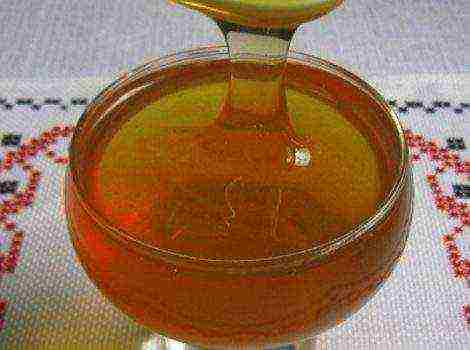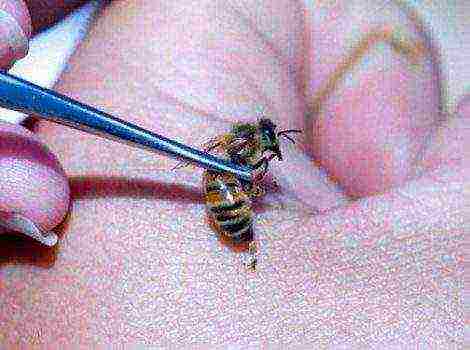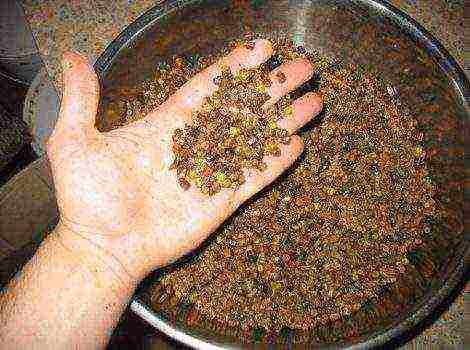Content
The benefits and harms of fireweed honey
We have all heard about lime and acacia honey. But if you are offered fireweed honey, most likely you will ask again its name. Many have not heard of him. No, he has nothing to do with Cyprus. Fireweed, or Ivan-tea - honey plant of this variety... Hence the name of honey.
The taste and color of fireweed honey, how to distinguish a fake
By color fresh fireweed honey light yellow with a greenish tint. Its pallor gives an unsightly presentation.
Because of this, buyers bypass it, buying honey of amber, deep yellow or dark color. And completely in vain. Appearance is often deceiving. Cyprus honey is valuable for its composition.
This variety is candied quickly... Grains appear in its structure, similar to snowflakes.
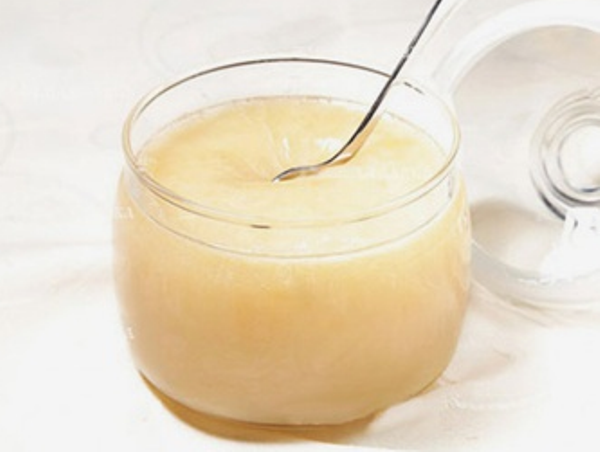
After crystallization, fireweed honey becomes white with a pink tint.... Come across his clots in the form of lumps.
People who have bought such honey complain that they have purchased a fake, since the result does not correspond to their ideas about a sweet bee product. This consistency of fireweed honey is normal. On the contrary, it means that you have purchased a quality natural product.
The taste is delicate and pleasant. There is no bitterness. How to distinguish a fake?
Ingredients: vitamins and minerals
High-calorie fireweed honey. 100 g of the product contains 328 kcal.
The composition is as follows:
| Compound | % |
|---|---|
| Carbohydrates | 80,3 |
| Protein | 0,8 |
| Fats and fatty acids | 0 |
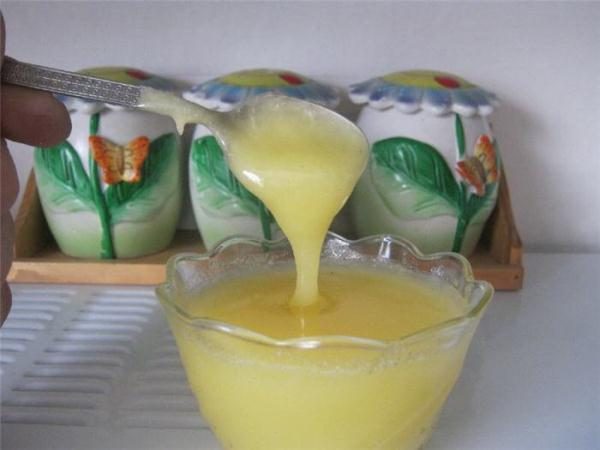
This bee product contains many minerals:
- phosphorus;
- calcium;
- sodium.
Vitamins represented by group B (1, 2, 5, 6, 9), as well as PP, H, C.
Beneficial features
The fact that bees extract nectar for honey from the medicinal plant Ivan-tea, speaks not just of usefulness for humans, but of double benefits, since the unique composition of honey itself has been added to the healing properties of pollen and nectar.
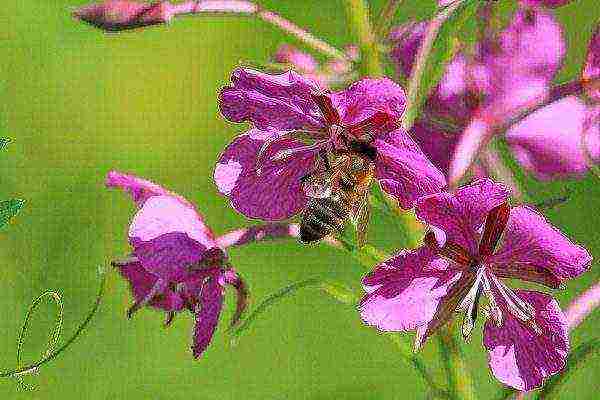
Fireweed honey helps in the treatment of blood diseases, kidneys, liver, with cardiovascular diseases. In addition, honey is indispensable for colds and viral infections, and other respiratory diseases. For prevention, it is taken one tablespoon per day. You can - two teas on an empty stomach in the morning and in the evening before bedtime.
This variety is valuable healing properties... Therefore, for wounds, external and internal, it is recommended to use it in the form of compresses and in food. Therefore, honey is not just sweetness. Sometimes its beneficial properties are exaggerated, you can read about contraindications below.
Fireweed honey used in medicine, cooking... In cosmetology, it is used in creams and cleansing scrubs. After using the masks, the face becomes clean and the skin becomes silky.
Contraindications and harm
Due to the high content of carbohydrates and sugar, it not recommended for diabetics.
Under no circumstances should honey be heated., even more so - bring it to a boil. Otherwise, it contributes to the appearance of crustacean carcinogens.
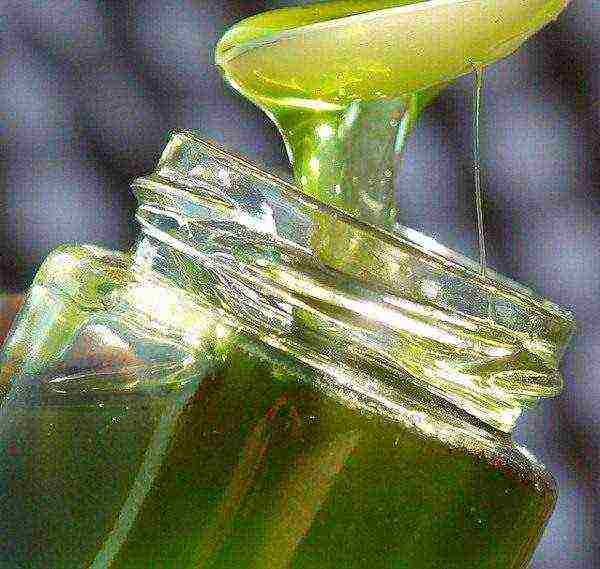
Overeating fireweed honey is not worth it, as it contains a large amount of sugar and carbohydrates. This contributes to obesity and the appearance of allergies not only to this variety. Therefore, it is better to limit its use for an adult to two tablespoons per day, for a teenager - to one. You can not give it to children under three years old.
About honey plant ivan-tea
The honey plant for this type of honey is a herbaceous medicinal plant - fireweed, or Ivan-tea. It grows along country roads, in meadows, forest edges. Occurs in temperate climates. Loves the northern regions. It is unpretentious to growing conditions.
Blooms from mid June to mid August... It is a good honey plant for bees. They are attracted by the smell and the large amount of aromatic substances. Up to 60% of honey is obtained from the pollen of this plant.
Storage conditions
Fireweed honey is candied quickly, but the beneficial properties do not disappear. On the contrary, such a change in state in consistency is natural. To avoid acidification store it at a plus temperature of 3 - 9 degrees... Air humidity - no higher than 60%. Otherwise, honey in the open state absorbs excess moisture.
When using it it is not allowed to heat honey above 40 degrees or put it in the freezer. It is possible to save it in the latter case, but as a sweetness, since the unique healing properties are lost. Glassware is preferred for long-term storage, but not plastic or metal.
What are the main diseases it treats?
Fireweed honey helps in healing diseases of the prostate gland, kidneys, liver... But its beneficial effect on the body is not limited to this. It also helps:
- at skin diseases;
- improve dream;
- at neuroses;
- treatment peptic ulcer;
For acute respiratory viral infections, bronchitis, periodontal disease, persistent headaches, it is also used. Fireweed honey has clear antibacterial properties..
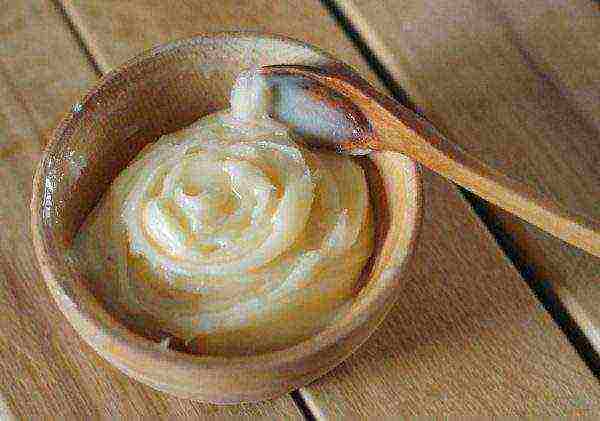
It is better to eat it in the morning on an empty stomach and in the evening before bedtime. Natural stimulants and enzymes that make up the bee product help to restore the energy potential of a person. He perfectly cleanses and nourishes the skin... After consulting a doctor, it is used for dermatitis.
This is not to say that fireweed honey is fundamentally different in its composition or useful properties from other varieties. Lovers of this bee product celebrate it soft and delicate taste... Sometimes this variety is called "baby".
